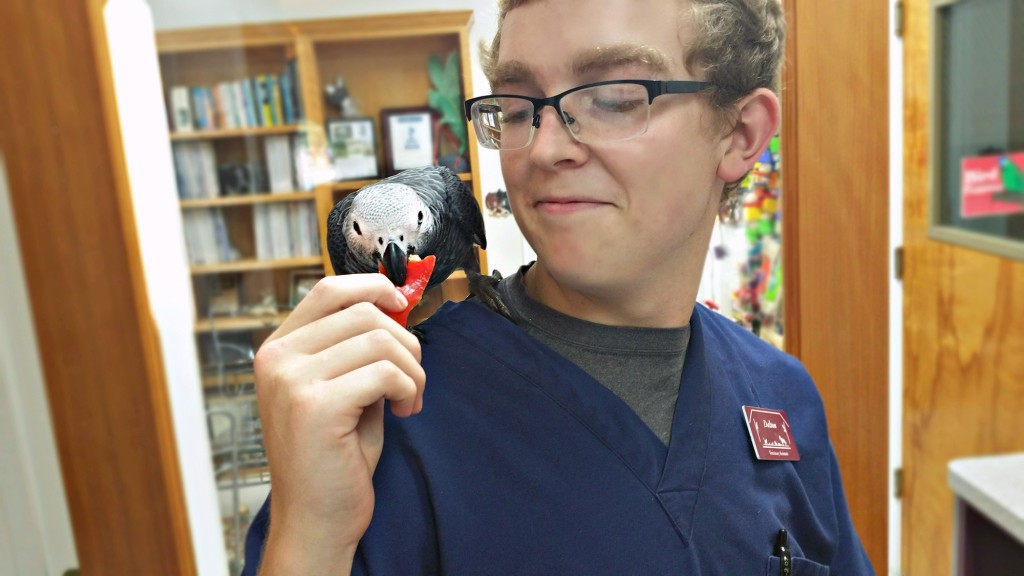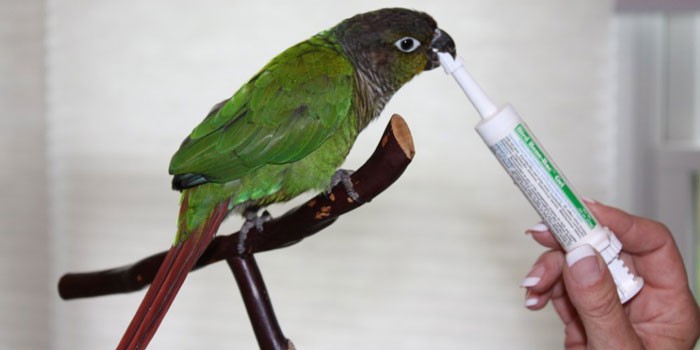
Expert Beak Care for Small and Large Birds in College Station, Texas
Parrots, macaws, cockatoos, and other psittacines rely on their beaks for more than just eating—they use them to climb, groom, and explore the world around them. When a bird’s beak becomes overgrown or misshapen, it can interfere with their daily life and may even indicate a serious health concern.
If you’re searching for beak trims for parrots in College Station, our avian team at All Pets Medical Center is here to help.
What Is a Beak Trim?
A beak trim is a veterinary procedure in which an avian veterinarian carefully shapes a bird’s overgrown or misshapen beak to restore its proper length, alignment, and function. Unlike nail trims or grooming tasks, beak trimming requires medical knowledge and experience—the beak is a sensitive structure with nerves and blood vessels that must be handled with care.
Beak trims are typically performed using a high-speed dremel or specialized tool and are generally quick and pain-free when done correctly.
Why Do Some Parrots and Macaws Need Beak Trims?
In the wild, parrots naturally wear down their beaks through foraging, chewing bark, and climbing on abrasive surfaces. In captivity, birds may lack access to these materials or activities, leading to beak overgrowth.
Common causes of beak overgrowth in parrots include:
-
Liver disease
-
Vitamin A deficiency
-
Beak trauma or injury
-
Viral infections (e.g., beak and feather disease)
-
Genetic abnormalities such as scissor beak
-
Insufficient chewing and enrichment opportunities
If your bird’s beak looks unusually long, uneven, or damaged, it’s important to get a professional evaluation.
Signs Your Bird May Need a Beak Trim
Your parrot or macaw may need a beak trim if you notice:
-
A long, hooked, or lopsided beak
-
Trouble grasping, chewing, or eating food
-
Peeling, flaking, or cracked areas on the beak
-
Asymmetry or crossing of the upper and lower beak (scissor beak)
-
Behavioral changes such as reduced activity or irritability
If any of these symptoms are present, we recommend scheduling a beak evaluation with an avian veterinarian in College Station.
How to Help Prevent Beak Overgrowth
While not all beak trims can be avoided, proper care and enrichment can reduce the need for frequent trims.
Tips for maintaining a healthy beak:
-
Balanced nutrition: Offer a pelleted base diet with vitamin-rich vegetables and limited seeds
-
Chewing opportunities: Supply safe wood toys and natural perches to encourage gnawing
-
Enrichment: Provide foraging toys and rotate them regularly to promote active use of the beak
-
Routine vet visits: Regular checkups with an avian vet help catch issues early
What to Expect During a Beak Trim at All Pets Medical Center
At All Pets Medical Center, our experienced avian veterinarians use low-stress handling and specialized tools to perform precise, comfortable beak trims.
During your visit, we will:
-
Examine your bird’s overall health and beak condition
-
Perform gentle shaping using a dremel or file
-
Monitor your bird for stress or discomfort
-
Discuss any underlying health concerns if present
In most cases, sedation is not needed. However, for especially anxious birds, light sedation may be recommended for safety and comfort.
Trust Your Bird’s Beak to Experienced Avian Vets
At All Pets Medical Center, we specialize in the care of exotic pets, including beak trims for parrots, macaws, cockatoos, conures, and other companion birds. Whether it’s a routine trim or part of a broader health concern, our veterinary team is ready to help.
We proudly serve College Station, Bryan, and the surrounding Brazos Valley area with advanced avian care.
Schedule Your Parrot’s Beak Trim Today
Don’t let an overgrown beak affect your bird’s quality of life. Call All Pets Medical Center to schedule a beak evaluation and trim with an experienced avian veterinarian.
📍 Located in College Station, Texas
📞 979-696-4411
🌐 www.allpetsmedical.com





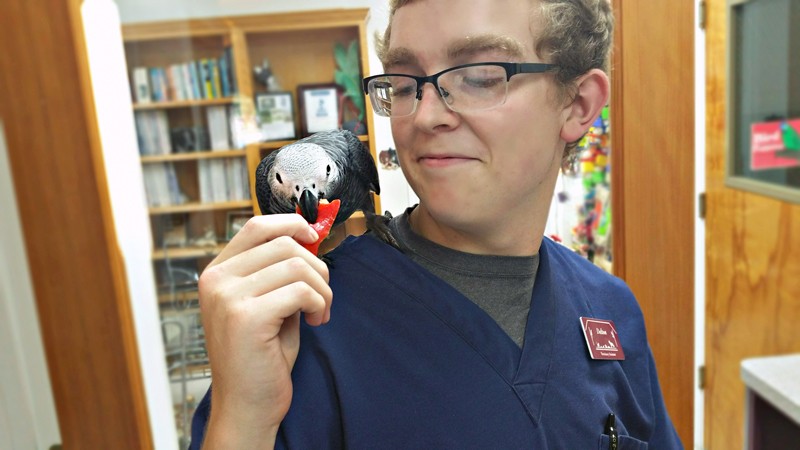
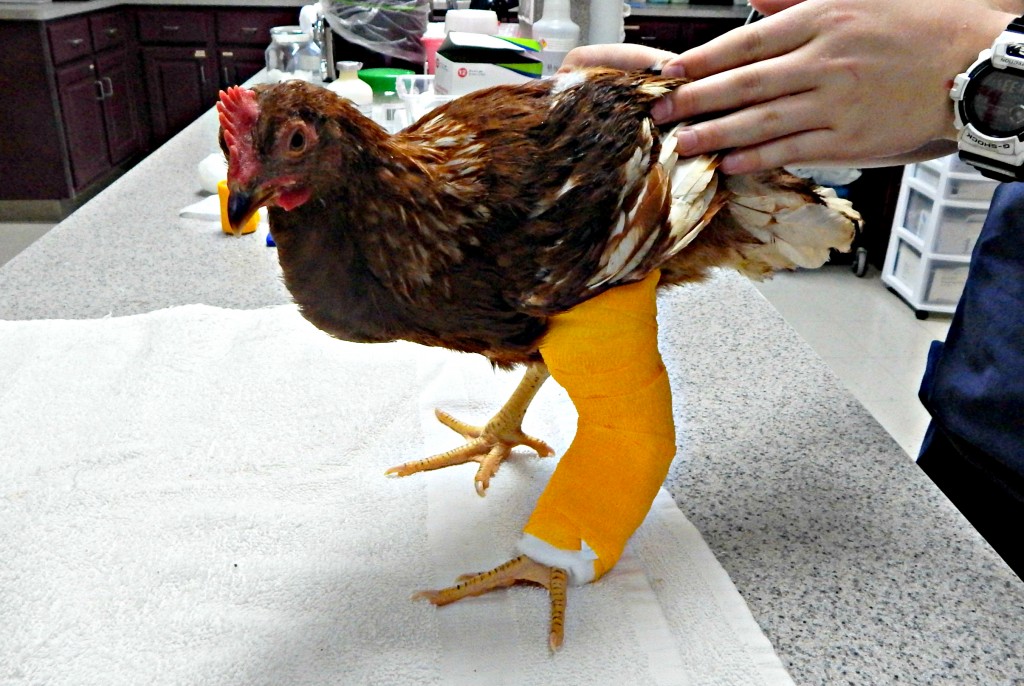
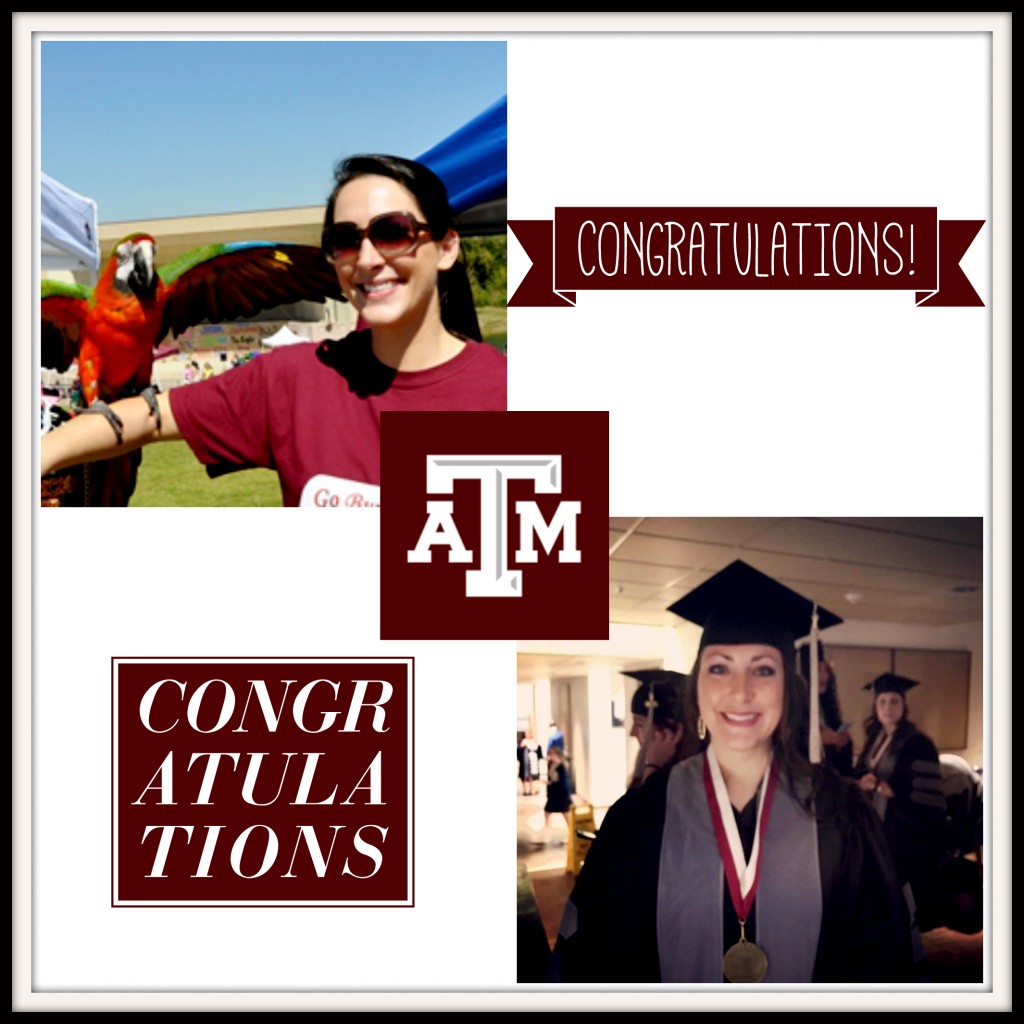 We would like to send out a belated (but well deserved) CONGRATULATIONS to our former employee Dr. Sarah Hawkins for graduating Cum Laude from Texas A&M College of Veterinary Medicine and Biomedical Sciences Class of 2016! Sarah now practices as an associate veterinarian at Hurst Veterinary Clinic in Hurst, Texas. We are so proud of her and send her the best!
We would like to send out a belated (but well deserved) CONGRATULATIONS to our former employee Dr. Sarah Hawkins for graduating Cum Laude from Texas A&M College of Veterinary Medicine and Biomedical Sciences Class of 2016! Sarah now practices as an associate veterinarian at Hurst Veterinary Clinic in Hurst, Texas. We are so proud of her and send her the best!